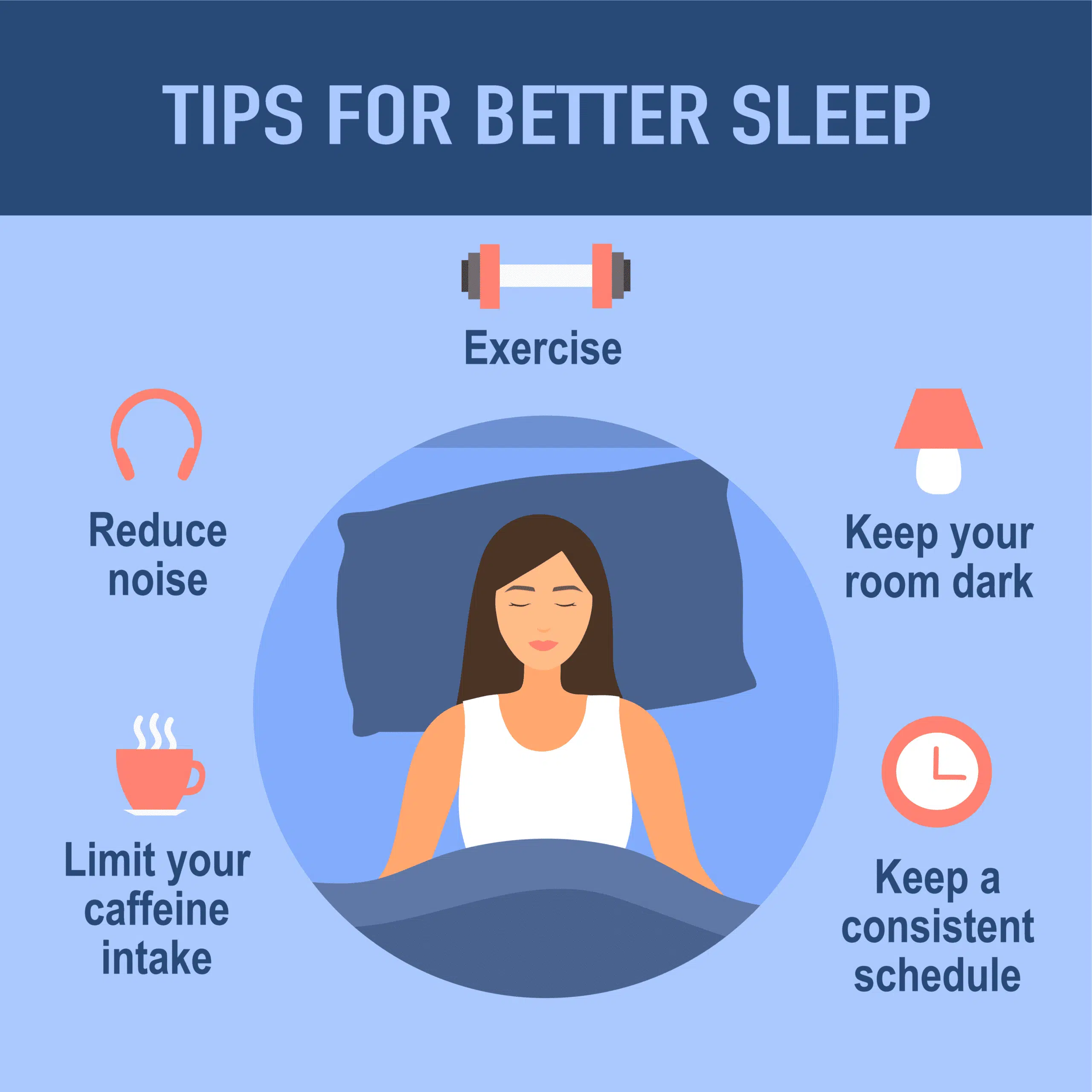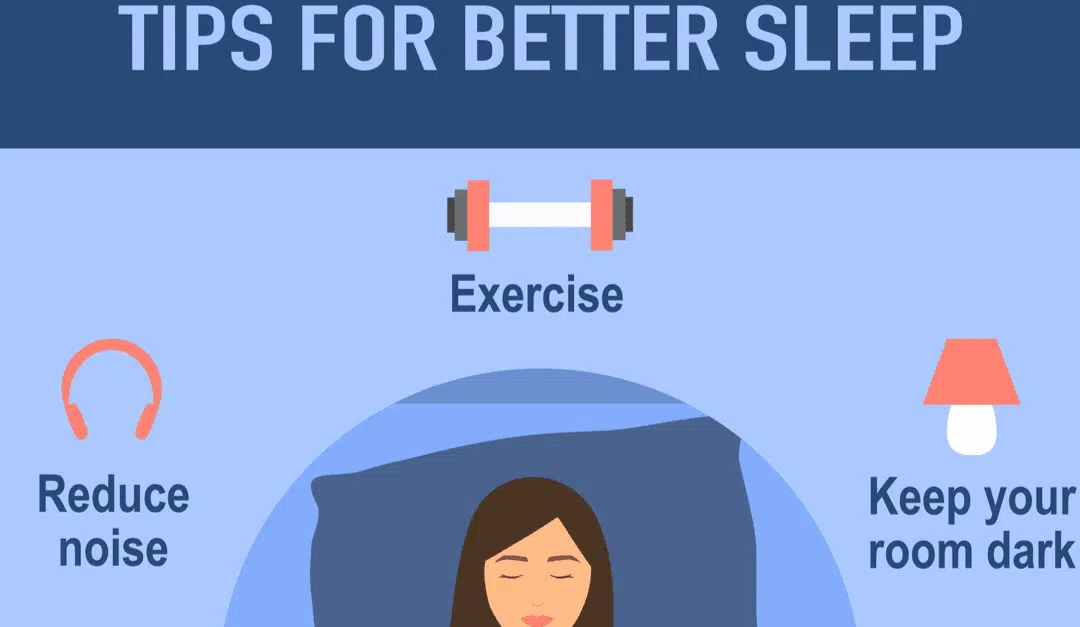Trouble Sleeping With Pain?
For those who suffer from chronic pain, a good night’s sleep can seem out of reach. Whether you have trouble falling asleep or staying asleep through the night, poor-quality rest has negative effects on your waking life, too.
iSpine Clinic’s board-certified specialists provide chronic pain relief to patients throughout the Twin Cities area. Check out the following tips for falling asleep, staying asleep and getting the most out of it when you suffer from chronic pain.

1. Consume foods that may help promote sleep
Consuming certain foods in your evening meal may help increase the level of tryptophan in your body. Remember how you felt after consuming that big turkey dinner? Well turkey has a protein known as Tryptophan that is essential for the production of the sleep-regulating hormone, serotonin. Increased tryptophan levels help reduce the time taken to fall asleep, promote more restful sleep, and improve alertness in the morning. Examples of such sleep-promoting foods are:
- Carbohydrates with a high glycemic index, such as rice.
- Fruits, such as cherries and kiwis.
- Whole foods, such as milk, pulses, fatty fish, and shellfish.
Also, consider abstaining from foods and drinks that may adversely affect your sleep, such as coffee, tea, and chocolates. These food contain caffeine and theobromine that may disrupt your sleep cycle.
2. Take a short walk in the evening
If you work at an office, get minimal exercise, have chronic lower back pain, and find it difficult to fall asleep at night, an evening walk may help relieve your pain and promote better sleep.
When you walk, your core body temperature increases. This temperature then begins to drop due to the heat dissipation mechanisms of the body (such as increased blood flow to the skin). The resulting lower body temperature then helps trigger your sleep cycle.
Including an evening walk in your daily routine may also be beneficial in reducing chronic lower back pain by strengthening your back and abdominal muscles and increasing flexibility in your lower back.
3. Put away the phone
Although the evolution of the cell phone has had numerous positive impacts on human life, there are many studies suggesting that phones at bedtime are harming our sleep. From the theory that by scrolling through your phone engages the brain into thinking it should stay awake to a recent study that explores how scrolling through your mobile phone and its blue light makes it harder to fall asleep. It’s widely believed that the blue light from phones disrupts melatonin secretion and sleep cycles.
4. Change up your sleeping position
Falling asleep with chronic pain is difficult, especially because without distractions, you may have little else to think about. Explore some of our past articles to learn more:
5. Check your mattress
The typical life of a mattress is eight years – are you due for a replacement? Try out different mattresses and don’t settle until you find one that feels good to you. Some people swear that foam mattresses are the most comfortable, while others prefer the traditional inner-spring variety, then others swear by knowing their sleep number!
When it feels like you’ve tried everything and still can’t enjoy the restorative qualities of sleep, it’s time to seek professional help. Call (763) 201-8191 to schedule a consultation.
Previously posted June 7, 2017, updated April 2022


